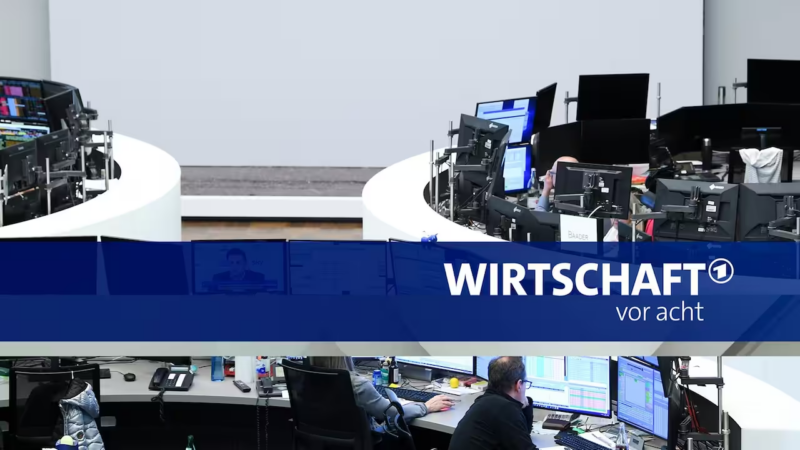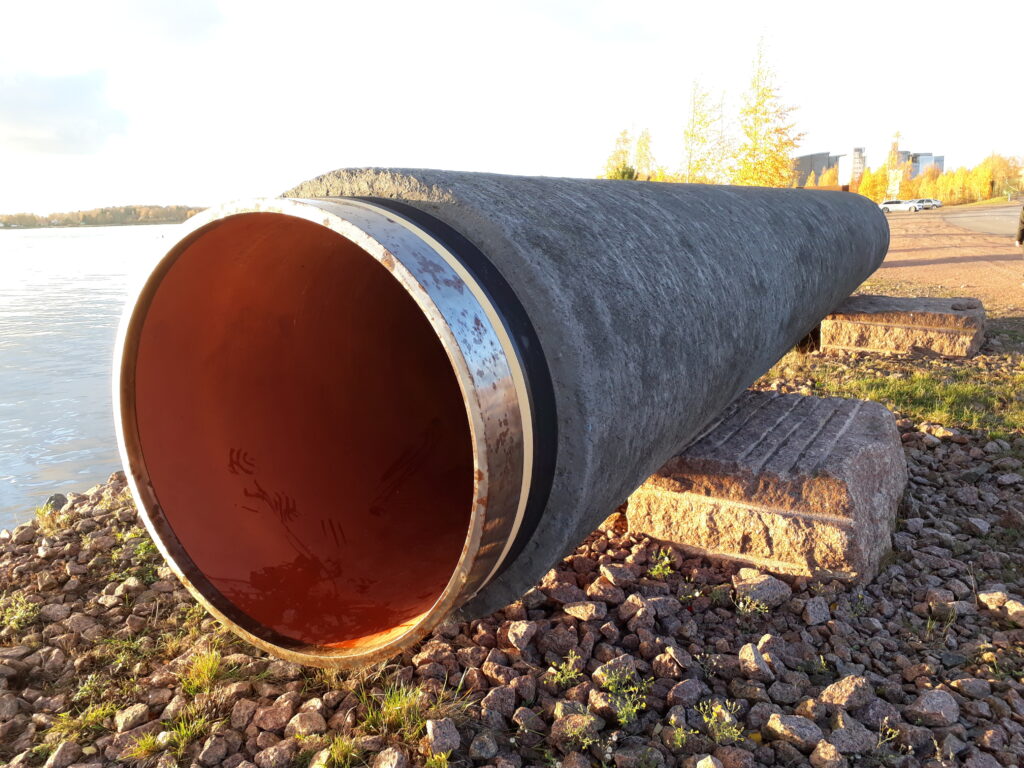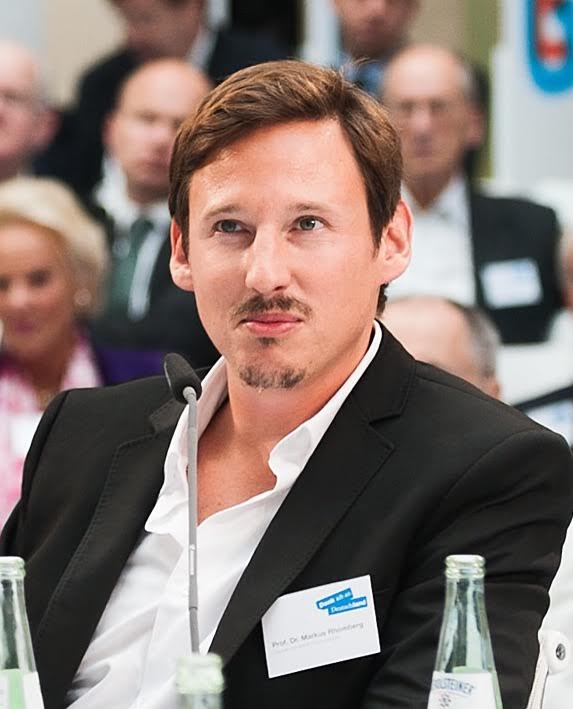
von Norman Schumann und Michael Brüggemann
Seit mehr als 22 Jahren ist einer der besten Sendeplätze der ARD, kurz vor der Tagesschau, dem Thema Finanzmarkt vorbehalten. Aus “Börse vor acht” wurde im März 2022 “Wirtschaft vor acht”. In einer Pressemitteilung kündigte die ARD an: “Ein Schwerpunkt ist das Themengebiet Ökonomie/Ökologie.” Grund genug, nach einem Jahr genauer auf die Inhalte des neuen Formats zu schauen.
Hintergrund des Re-Brandings des ARD Programms vor acht Uhr war möglicherweise die Kritik von Initiativen wie “KLIMA° vor acht”, welche die Vernachlässigung des Themas Klimawandel im öffentlich-rechtlichen Fernsehen kritisieren. Die Initiative forderte, unter anderem in einem offenen Brief, künftig kurz vor der Tagesschau Klimathemen statt ausschließlich Wirtschaftsthemen zu behandeln. Über Crowd-Funding finanzierte sie sogar die Produktion von sechs Folgen einer Serie “KLIMA° vor acht”, die vor Augen führen sollte, dass und wie das Klima-Thema auch für ein breites Publikum in einem kurzen Format interessant dargestellt werden kann.
Continue reading Klima-Zeitenwende in der ARD? – Ein Jahr “Wirtschaft vor acht”


